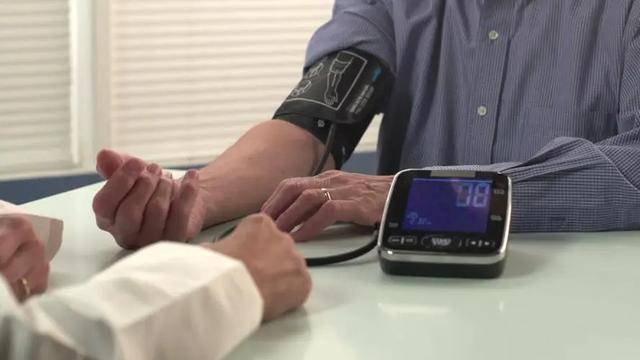Even though taking antihypertensive medications on time, why is the blood pressure still high in the morning? This is a question that many hypertensive patients often encounter. To answer this question, we need to explore it from multiple perspectives.
1. We need to understand the causes of hypertension
Hypertension is a common chronic disease characterized by sustained high blood pressure. The occurrence of hypertension is related to various factors, including genetic factors, lifestyle, dietary habits, etc.
Antihypertensive drugs are one of the common methods for treating hypertension, but not all patients can achieve the ideal antihypertensive effect through medication.
2. We need to understand the mechanism of action of antihypertensive drugs
Antihypertensive drugs mainly lower blood pressure through different pathways, including vasodilation, reducing cardiac load, inhibiting the sympathetic nervous system, etc. Different antihypertensive drugs have different mechanisms of action, so they may have different effects on different patients.
3. Even with timely intake of antihypertensive drugs, it is still possible to have high blood pressure in the morning, which may be related to the following aspects:
1. Improper timing of medication intake
Some antihypertensive drugs need to be taken within a specific time frame to achieve the best antihypertensive effect. If the patient does not take the medication at the appropriate time as advised by the doctor, it may lead to ineffective blood pressure control.
2. The patient’s lifestyle may affect the effectiveness of antihypertensive treatment
Hypertensive patients should pay attention to diet, exercise, stress reduction, and other aspects of adjustment to help lower blood pressure. If the patient does not pay attention to these aspects of adjustment in life, even if they take antihypertensive drugs, they may find it challenging to achieve the desired antihypertensive effect.
3. Individual differences are also an important factor
Everyone’s physical condition and physiological mechanisms are not entirely the same, so the response to the same antihypertensive drug may vary. Some patients may be insensitive to a certain drug and may need to try other drugs to achieve the antihypertensive effect.
Conclusion: If the problem persists, patients should consult a doctor promptly to seek a more suitable treatment plan. At the same time, patients should learn to relax themselves and better control hypertension through comprehensive treatment measures to reduce the risk of cardiovascular diseases.


